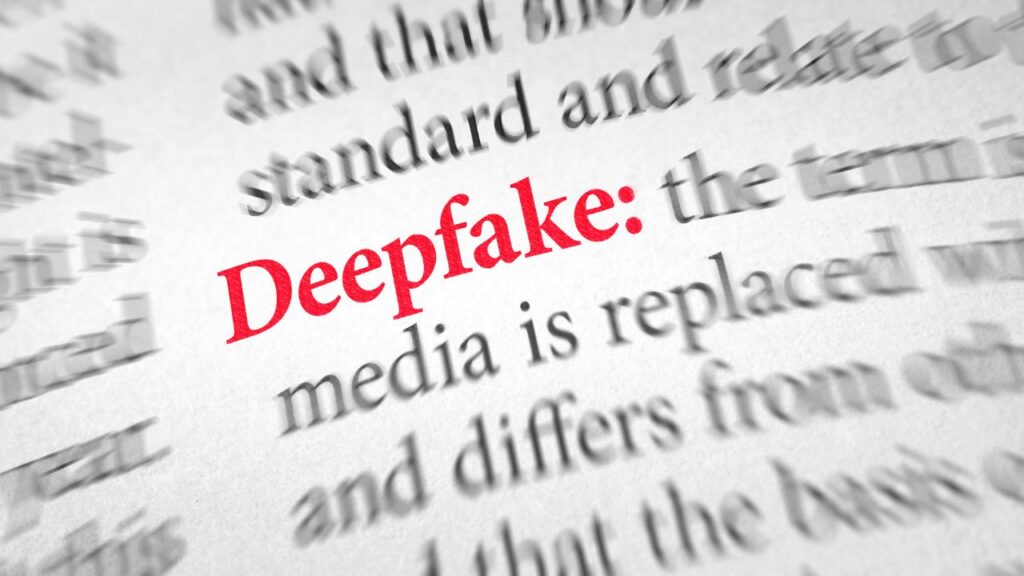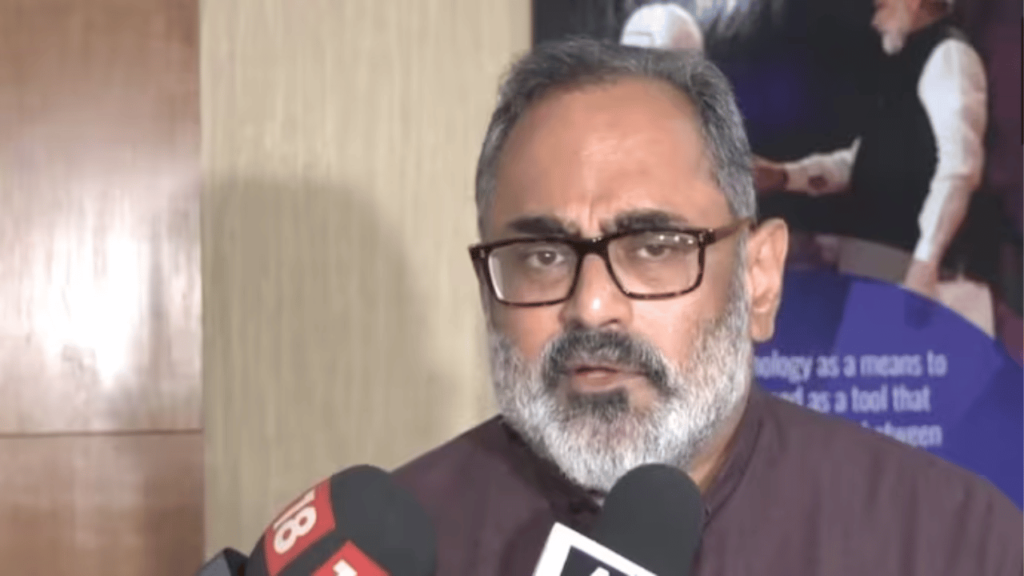
In the vast digital landscape of India, a new threat has emerged – the ominous rise of deepfake in India. These cunningly crafted AI-generated videos and audios, manipulating reality itself, have caught the attention of the Indian government, sparking concerns about their potential impact on the nation’s democracy.
Understanding Deepfake
Deepfakes, short for “deep learning” and “fake,” are realistic and often convincing media files created using sophisticated artificial intelligence algorithms. These tools can seamlessly superimpose one person’s face or voice onto another, blurring the lines between reality and fiction. As these deepfake technologies become more advanced, they pose a serious risk to public discourse, elections, and the overall integrity of information.
Deepfake and Celebrities
Deepfakes have significantly impacted celebrities, with Rashmika Mandanna being a recent victim. The actress expressed her dismay, stating, “Something like this is honestly extremely scary not only for me but also for each one of us who today is vulnerable to so much harm because of how technology is being misused.” The incident underscores the urgent need for regulations against deepfakes.
Rashmika mandanna deepfake case
The Indian Government Takes a Stand
Recognizing the intensity of the situation, the Ministry of Electronics and Information Technology (MeitY) in India has stepped into action. In November 2023, a meeting was convened, bringing together key players from social media platforms, AI companies, and experts to address the issue of deepfake in India. The government issued a stark warning to these platforms, giving them a seven-day ultimatum to align their terms of service and policies with Indian laws concerning deepfakes.

Rajeev Chandrasekhar’s Call to Action
Union Minister Rajeev Chandrasekhar has been at the forefront of this battle against deepfakes. In a recent statement, he emphasized the responsibility of social media platforms to ensure a safe internet environment. During a closed-door meeting, Chandrasekhar issued warnings to major platforms, including Facebook and YouTube, urging them to remind users of local laws restricting the dissemination of deepfakes and content spreading obscenity or disinformation.
Deepfake in India
To counter the deepfake menace, the Indian government is set to assign a Rule Seven officer. This designated individual will investigate deepfake incidents and assist citizens in filing FIRs against fake content. The aim is to streamline the reporting process, making it easier for citizens to bring attention to instances of law violations by platforms. This move underscores the government’s commitment to actively address and combat the challenges posed by deepfakes.
The government is considering penalties for both individuals uploading deepfake content and the social media platforms hosting such content. This initiative aligns with the global trend, as nations worldwide work on regulations to govern AI and tackle the deepfake dilemma.
Global Context: A United Front Against Deepfakes
India’s concern about deepfakes mirrors a global sentiment. During a G20 virtual summit, Prime Minister Narendra Modi urged international leaders to collaborate in regulating AI, expressing worries about the adverse effects of deepfakes on society. Nations like the United States and those in the European Union are actively working on regulations to govern AI systems and mitigate the risks posed by deepfake technology.
Future of Deepfake; threatening AI
As India takes decisive steps to address the deepfake challenge, the road ahead involves a delicate balance between regulation and user awareness. The government’s efforts to align platforms with local laws, assign a dedicated officer, and draft comprehensive regulations indicate a commitment to creating a safer digital space. The key lies not just in regulatory measures but also in educating the public about the threats posed by deepfakes and promoting media literacy.
In conclusion, the deepfake in India is not just a technological challenge but a societal one. The government’s multifaceted approach, combining regulation, public awareness, and collaboration with tech giants, reflects a comprehensive strategy to safeguard the democratic fabric of the nation in the face of this evolving digital threat. As the world grapples with the complexities of AI, India stands at the forefront, ready to navigate the uncharted territories of the deepfake landscape.